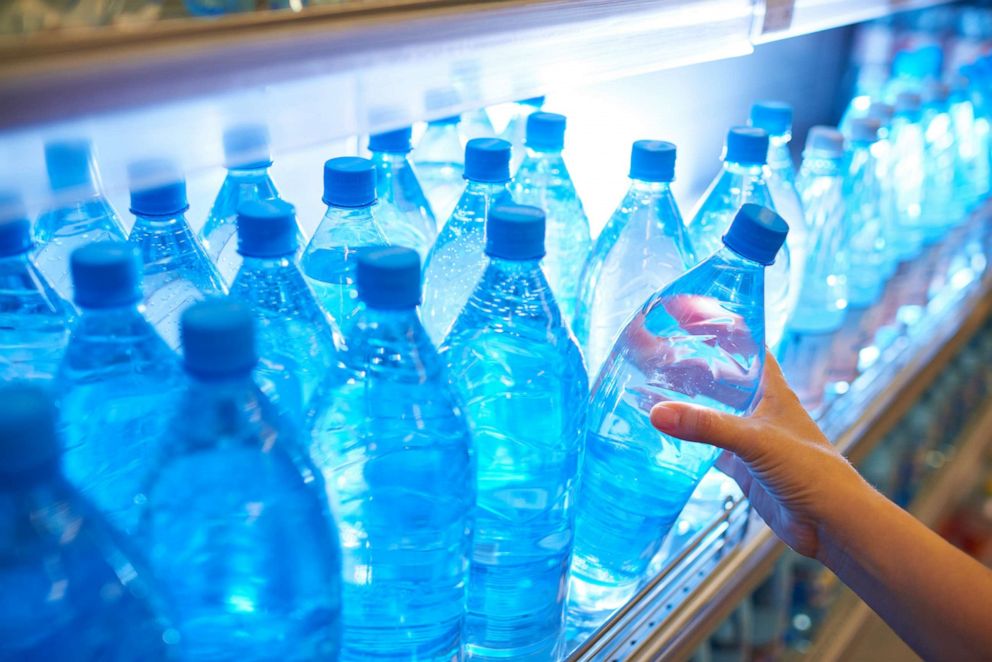Heat wave is coming: How to stay safe and prepare an emergency supply kit
Temperatures are expected to soar to the triple digits this weekend.
With a massive heat wave forecast to hit huge swaths of the U.S. from New York City all the way to Nebraska and temperatures expected to swell into the triple digits this weekend, here are some expert tips on how to stay cool and safe from heat-related illness.
New York City's Office of Emergency Management announced Wednesday that air-conditioned cooling centers will be open to the public throughout the city through the weekend and advised in a statement that most heat-related deaths occur after exposure to heat in homes without air conditioning.
Staying inside in an air-conditioned room is the best way to to stay safe amidst extreme heat waves, the Emergency Management office warned.

"Hot weather is dangerous and can kill. People with chronic physical and mental health conditions should use air conditioning if they have it, and get to a cool, air conditioned place if they don’t," Health Commissioner Dr. Oxiris Barbot said in a statement
"During times like these, we all need to look out for each other. Be a buddy and check on your family, friends and neighbors who are at risk and help them get to a cooling center or another cool place – even if for a few hours," she added.

Other tips for protection against the heat include staying out of the sun, avoiding strenuous activity during the sun's peak hours, drink a lot of water, cool down with a bath or shower and wear lightweight clothing when outside.
How to prepare an emergency supply kit
In new guidelines for how to deal with heat waves, the American Red Cross warns to prepare an emergency supply kit ahead of a heat wave in case of a power outage.
The emergency disaster kit should include:
- One gallon of water per person per day.
- Non-perishable and easy-to-prepare food items.
- A flashlight, with extra batteries.
- A battery-powered or hand-crank radio.
- A first aid kit.
- Personal documents such as passports, birth certificates, insurance papers, etc.
- Medications.
- Cell phone and chargers.
- Cash.
- More more basic necessities.

Red Cross guidelines for before a heat wave
- Prior to an anticipated heat wave, listen to local weather forecasts and make a plan with family members and friends about where to spend time during a major heat wave.
- Prepare an emergency disaster kit in case a power outage occurs.
- If you don't have air conditioning in your home, find places you could go during the hottest parts of the days such as libraries or malls.
Red Cross guidelines for during a heat wave
- When the heat wave hits -- it's important to never leave pets or children alone in vehicles where temperatures can soar rapidly.
- Stay hydrated, wear loose-fitting and lightweight clothing, eat small meals, stay indoors and take frequent breaks if you must work outdoors, the Red Cross recommends.
- Check on family members, friends and neighbors who don't have air conditioning.
Check out the Red Cross's full guidelines for dealing with a heat wave here.






